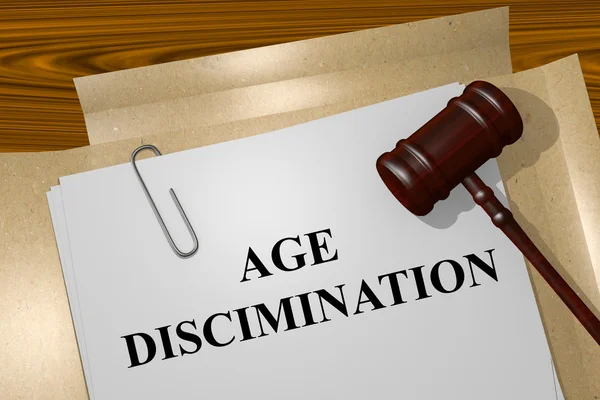Labor laws safeguard workers’ privileges and guarantee they are treated equitably within the organization. They include ensuring that they are paid a fair salary and are not subjected to abuse or exploitation by employers.
Learn more about the various employee protection laws that cover topics such as workplace harassment, wrongful termination, and privacy in the office.
Contents
Discrimination
Federal and state laws prohibit discrimination based on race, color, national origin, religion, sex (including pregnancy and gender identity), age, marital and parental status, disability, family medical history (including genetic information), and political affiliation. Discrimination can take direct actions like denial of employment or promotion and indirect measures such as seemingly neutral policies or requirements that disadvantage a particular group.
Harassment is also a form of discrimination and involves any unwelcome behavior that violates dignity or creates fear or distress. It includes any unwanted sexual behavior, offensive jokes, or comments. Discrimination can also occur when a person refuses to participate in unwelcome sexual activity, even if the refusal is made in good faith.
It is also a breach of the Code to take reprisals against an employee for complaining about harassing conduct, discrimination, or retaliation in the workplace. The employment law provides free, confidential, and impartial help with employment and human rights in the workplace issues.
Wrongful Termination
When an employee is fired without justification or for a reason that is illegal, it may be wrongful termination. This can include firing someone for being a protected class member, such as race, gender, age, national origin, or religion, or refusing to participate in a company-related illegal activity, such as fraud or embezzlement.
An employment attorney should have experience handling cases involving wrongful termination. They can help employees prove their case by investigating written or oral contracts and interviewing witnesses. They also know state laws concerning permissible reasons to fire an employee and federal anti-discrimination and whistleblowing regulations.
Other types of wrongful termination include public policy violation and retaliation for committing a legal act. For example, it is illegal to fire an employee for taking time off to serve jury duty since this is a legal obligation. It is also against the law to retaliate for reporting illegal actions or refusing to commit them.
Family and Medical Leave Act (FMLA)
The Family and Medical Leave Act (FMLA) allows workers to balance their work and personal lives. It provides employees with unpaid, job-protected leaves to deal with serious health issues, care for a loved one, or bond with a new child.
FMLA applies to companies with 50 or more employees, including public agencies, private businesses, and schools. It requires employers to provide qualifying employees up to 12 weeks of unpaid, job-protected leave during 12 months. At the end of a period of FMLA leave, an employer must reinstate an employee to the same job or a ” similar ” position in pay, duties, and benefits.
An employer must notify employees of their rights under the FMLA by posting an informational poster provided by the Department of Labor in a location visible to all workers. Employers must also provide employees with WH-380 certification forms and other relevant documents.
Retaliation
Retaliation is any adverse action by an employer responding to the employee’s exercise of protected rights. It can be as simple as firing or demoting, but it could also include a less obvious action like changing an employee’s work shift, cutting their salary, or harassing them.
Some employees may be at particular risk of workplace retaliation for filing a complaint or participating in an investigation or other federal or state agency. However, even if an employee has not filed a complaint, their conduct could trigger retaliation by their employer if it dissuades other employees from exercising their legal rights.
Retaliation can be overt or covert and difficult to prove but illegal. The best way to safeguard your employment rights is to document instances of retaliation and consult with an experienced employment attorney. They can expedite the process of registering a claim or filing a lawsuit.




